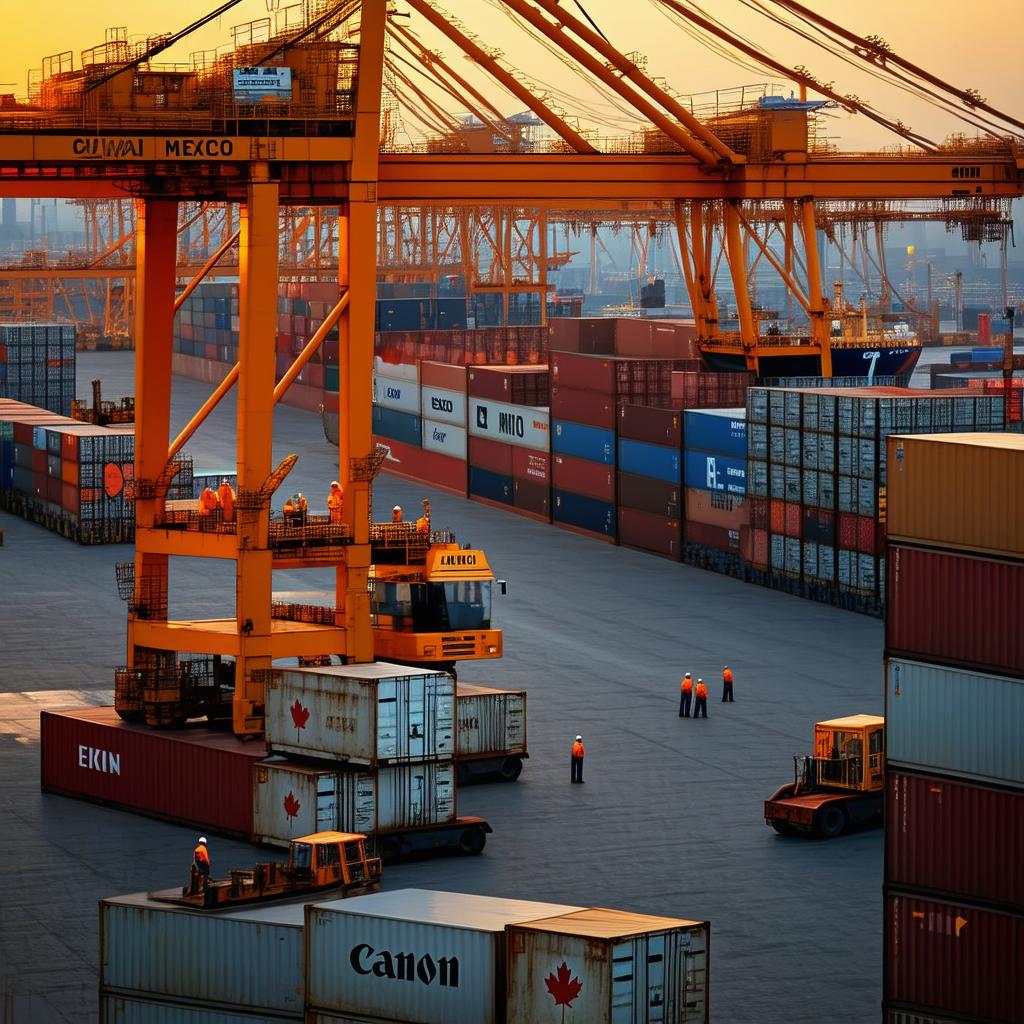
President Donald Trump is making waves with plans to impose hefty tariffs on America’s top three trading partners: Mexico, Canada, and China. This bold move marks a sharper turn in his economic strategy compared to his first term—and it could have big consequences for consumers and businesses alike.
Trump has long championed tariffs, calling them “the greatest thing ever invented.” But this latest push is riskier than ever. With $1.4 trillion worth of imports targeted, the move could send prices soaring at grocery stores, car dealerships, and beyond. It’s a gamble that could reshape the economy—and not necessarily for the better.
Experts are sounding the alarm. “This may be the biggest own-goal yet,” one economist noted, warning that the tariffs could slow economic growth while fueling inflation. The Wall Street Journal went even further, dubbing it “The Dumbest Trade War in History” in a recent op-ed. The concern? The tariffs could backfire, hurting both consumers and the job market.
Trump’s logic centers on addressing trade deficits, illegal immigration, and drug flows. However, critics argue the plan could disrupt supply chains, especially in industries like auto manufacturing, where parts often cross borders multiple times. Analysts predict car prices could jump by $3,000 due to the tariffs. Even the oil industry is bracing for impact, with potential price hikes at the pump in certain regions.
Grocery bills could also take a hit. Mexico supplies a huge chunk of the U.S.’s fruits and veggies, while Canada is a major source of grains and meats. Tariffs on these goods would likely lead to higher prices at the checkout aisle.
The ripple effects could extend to the broader economy, too. Some estimates suggest the tariffs could shave significant points off U.S. GDP growth over the next few years. The Federal Reserve, already cautious on rate cuts, might face added pressure to keep interest rates high to combat inflation.
While it’s still unclear how this will all play out, one thing is certain: Trump’s tariff strategy is a high-stakes bet with the potential to reshape the economic landscape. Whether it pays off or backfires remains to be seen. As one economist put it, “The administration is playing with fire.”
